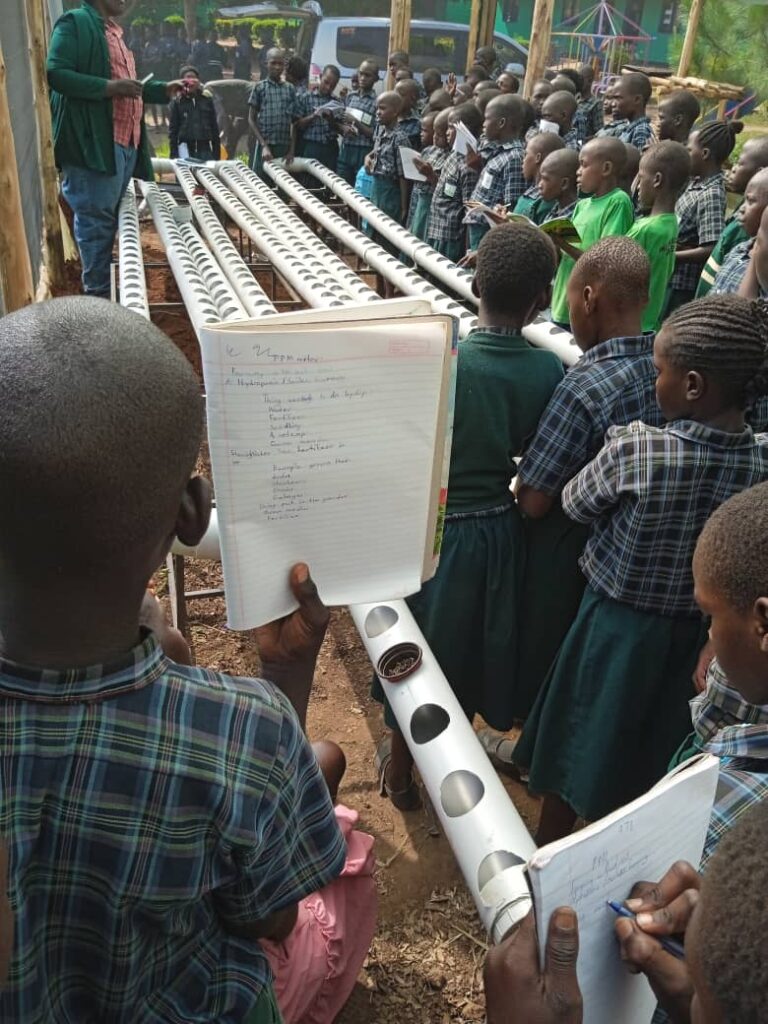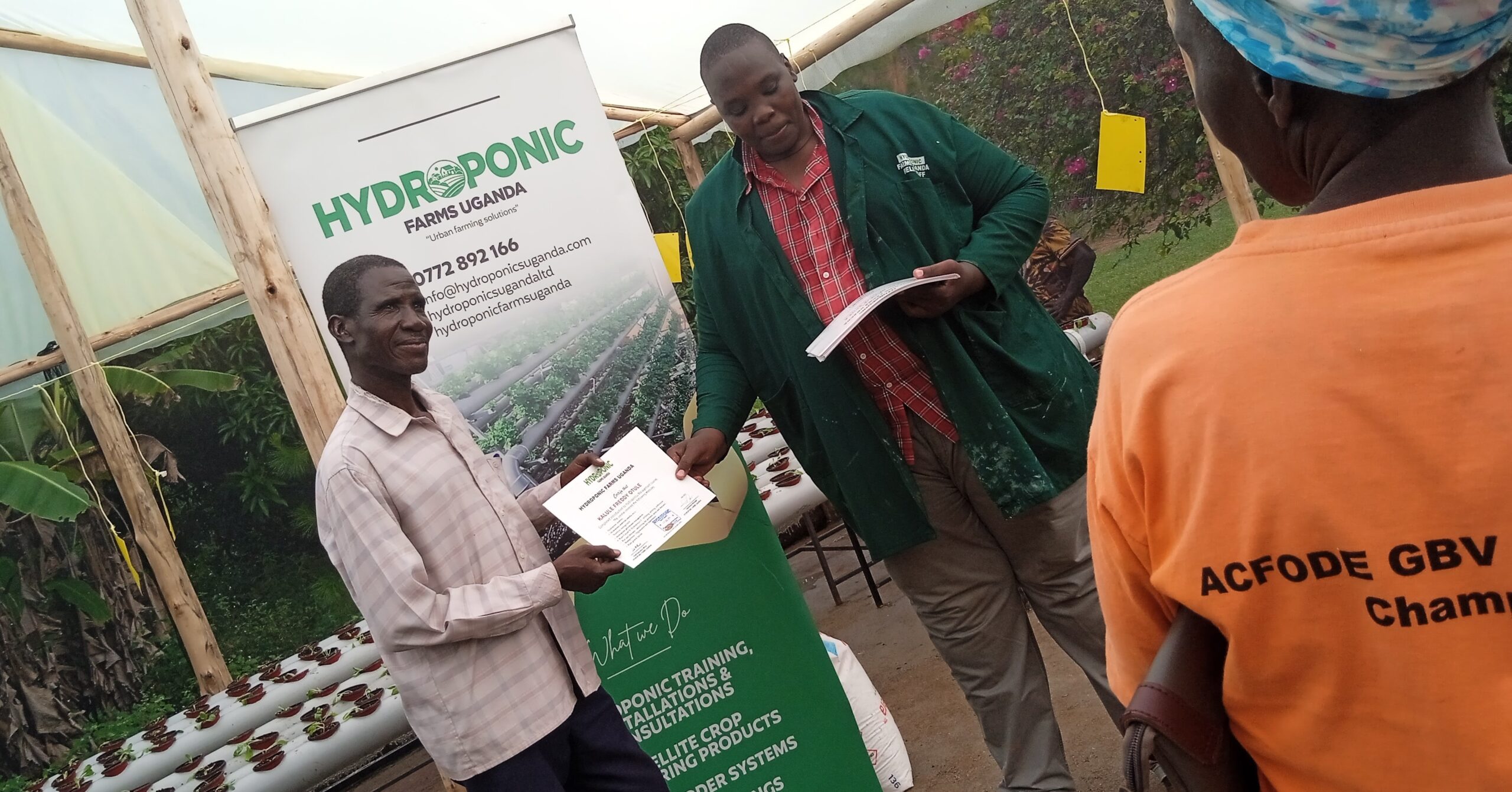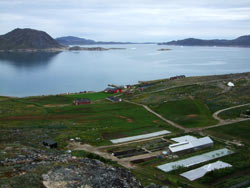Uganda is a country with a long history of food insecurity. In recent years, the problem has only worsened, due to a combination of factors, including climate change, conflict, and economic instability. As a result, many children in Uganda do not have access to enough nutritious food.
Hydroponics is a method of growing plants without soil. Instead, the plants are grown in a nutrient-rich solution. Hydroponics has a number of advantages over traditional methods of agriculture, including:
- It can be done in a smaller space, making it ideal for urban areas.
- It is more efficient in terms of water use.
- It can be done year-round, regardless of the weather.
These advantages make hydroponics an ideal way to grow food in Uganda, where land is scarce, water is a precious resource, and the climate is unpredictable.
In addition to the practical benefits, hydroponics can also have a number of educational benefits for students. By learning about hydroponics, students can gain a better understanding of how food is grown, and they can learn about the importance of sustainable agriculture.
Hydroponics farms can also be used to teach students about nutrition. By growing their own food, students can learn about the different nutrients that their bodies need, and they can learn how to prepare healthy meals.
In Uganda, there are a number of schools that are already using hydroponics to grow food. These schools are providing their students with access to nutritious food, and they are also teaching them about sustainable agriculture and nutrition.

As the problem of food insecurity in Uganda continues to grow, hydroponics farms will become increasingly important. By providing schools with the resources they need to set up hydroponics farms, we can help to ensure that all children in Uganda have access to enough nutritious food.
In addition to the educational benefits, hydroponics farms can also provide a number of economic benefits for schools. By selling the produce from their hydroponics farms, schools can generate income that can be used to fund other educational programs.
Recently, Wakadogo has just set up a new hydroponics farm at school. Over 1000 plants have been planted and there has been tremendous engagement from the community and students. Wakadogo will use the produce to make the school meals more nutritious and teach the students about climate smart agriculture, stem and entrepreneurship.
Hydroponics farms can also help to create jobs in the local community. The people who work on hydroponics farms need to have a variety of skills, including plant care, aquaponics, and marketing. By providing training in these skills, hydroponics farms can help to create jobs and boost the local economy.
Frontline Foundation believes by investing in hydroponics farms, we can help to ensure that these Wakadogo School children can have access to enough nutritious food, and we can also help to create jobs and boost the local economy.






